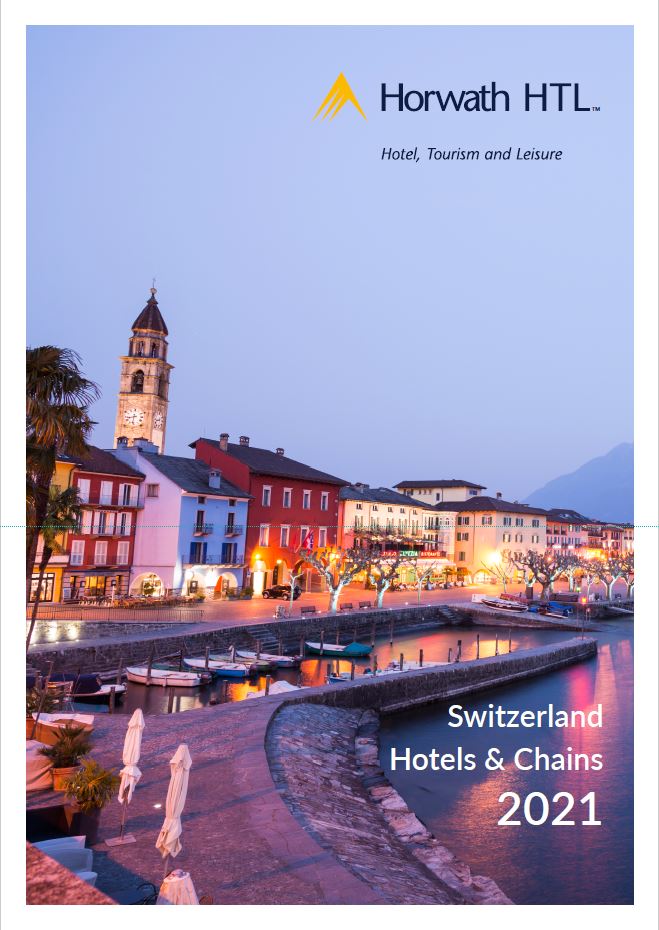
Report
Switzerland Hotels and Chains Report 2021
The 2021 edition of the Hotels & Chains in Switzerland report provides an insightful analysis of the Swiss hotel industry during a period marked by the ongoing impact of the COVID-19 pandemic.
This report examines how the industry has managed to navigate the challenges brought on by the crisis, highlighting key trends, market dynamics, and the resilience of branded hotels in Switzerland.
Key Findings
Impact of COVID-19:
- The Swiss hotel market was significantly impacted by the COVID-19 pandemic, with the country experiencing a 40% reduction in overnight stays in 2020 compared to the previous year. The total number of overnight stays dropped to 23.7 million, highlighting the severe challenges faced by the industry.
- Despite the decline, Swiss hotels showed relative resilience compared to other European markets, largely due to strong domestic demand and a robust summer season in Alpine resorts.
Market Performance:
- Switzerland’s hotels proved the most resilient within Europe, with a 59% decline in Revenue Per Available Room (RevPAR), a figure lower than the European average of 70%. This resilience was attributed to the relatively strong performance of Alpine resorts and the impact of government support measures.
- Chain hotel penetration in Switzerland increased slightly, reaching 8.4% by the number of hotels and 29.2% by the number of rooms. The number of chain hotels grew modestly by 0.6%, with 320 chain hotels and 34,354 rooms in total.
Business Models:
- The dominant business models in the Swiss hotel market include owned/managed properties, which account for 41.2% of chain hotels and 35.4% of rooms. Managed properties follow, representing 25.9% of chain hotels and 31.2% of rooms, while lease agreements cover 17.8% of hotels.
- The franchise model remains less prevalent, accounting for 15% of chain hotels and 15.1% of rooms, but is growing as operators seek flexible business arrangements in response to market uncertainties.
Regional and City Development:
- Geneva and Zürich were the hardest-hit cities, with Geneva seeing a 67% drop in arrivals and Zürich a 69% decline. Alpine regions fared better, with certain areas like Disentis seeing increased demand due to their appeal as domestic travel destinations during the pandemic.
- The development pipeline for 2021-2023 remains focused on major cities, with Geneva, Zürich, and the Berne region leading in new projects, reflecting ongoing confidence in these urban markets.
Top Hotel Chains and Brands:
- Accor continues to dominate the Swiss market with 73 hotels and 9,211 rooms, followed by Marriott with 17 hotels and 2,576 rooms, and IHG with 12 hotels and 2,307 rooms.
- The luxury segment, though smaller, remains significant, with brands like Fairmont and Bürgenstock Selection leading the market in this category.
The Swiss hotel industry, while severely impacted by the pandemic, has demonstrated resilience, particularly in the face of unprecedented challenges. The continued growth of chain hotels, the focus on domestic tourism, and the adaptation to new business models suggest a cautious but optimistic outlook for the future. As the industry moves forward, the recovery of urban markets and the expansion of branded hotels will be key to the sector’s long-term success.



